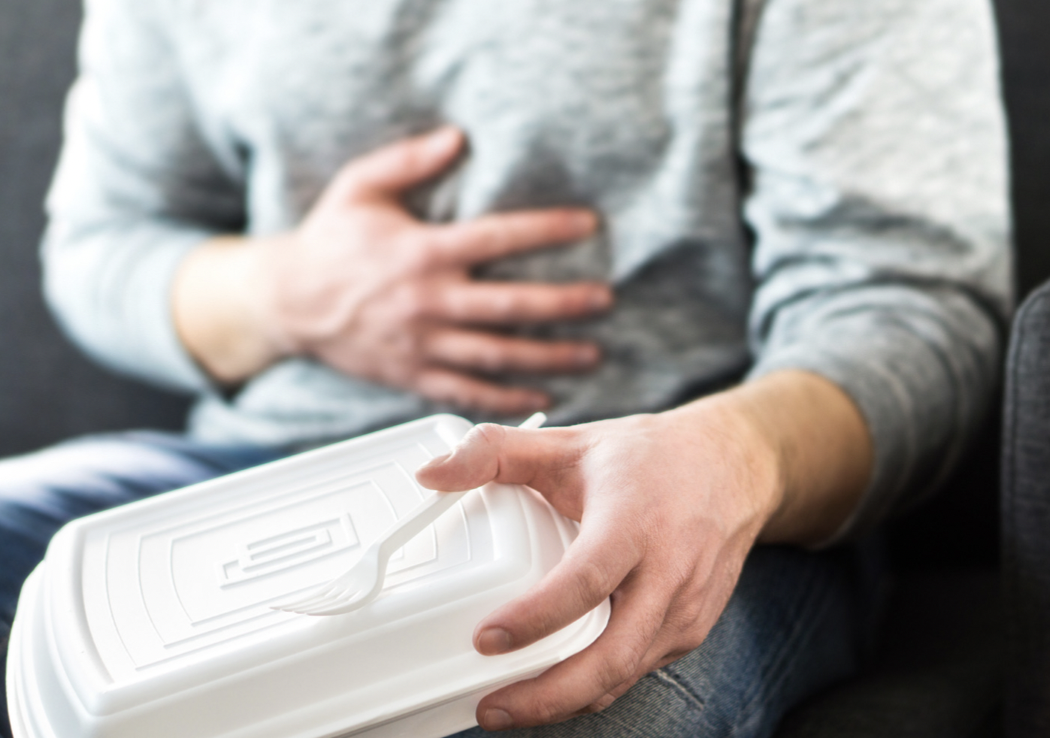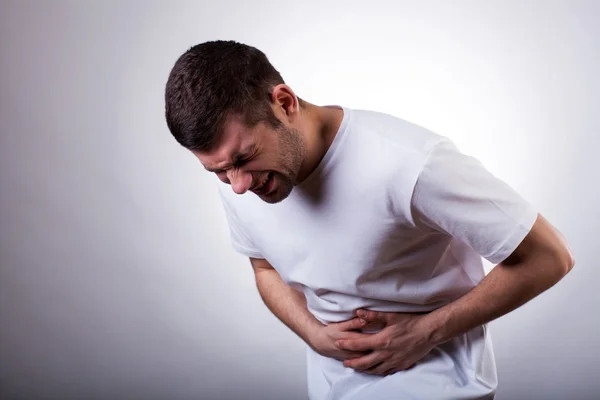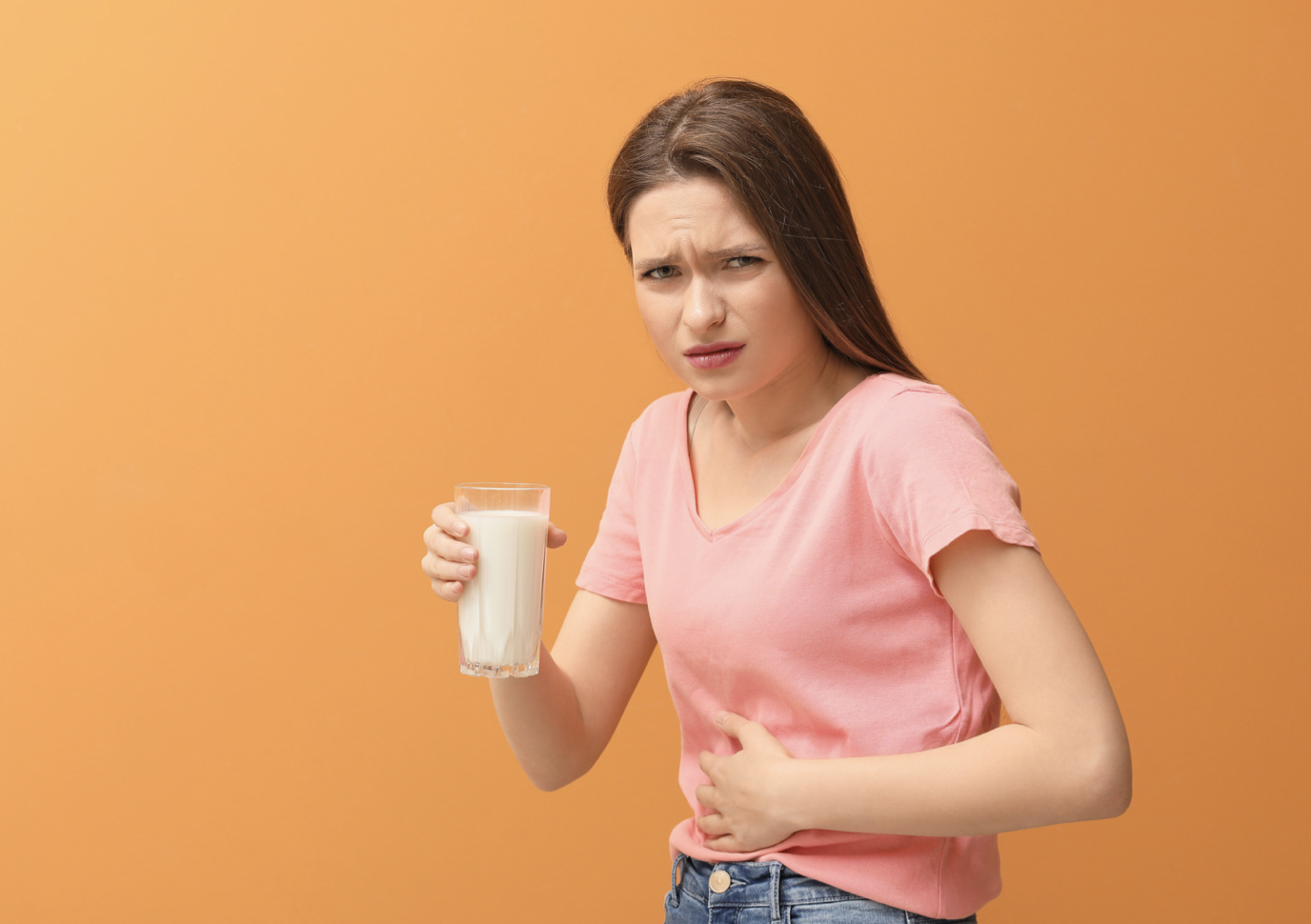Definisi
Kolera merupakan infeksi saluran pencernaan yang ditandai dengan diare, dan dapat menjadi penyakit yang mematikan dalam beberapa jam saja jika tidak ditangani dengan baik. Kolera merupakan masalah kesehatan publik global yang menjadi penanda kesenjangan ekonomi dan sosial. Setiap tahun, terdapat 1,3 - 4 juta kasus kolera di seluruh dunia dan 21.000 - 143.000 kematian yang disebabkan oleh kolera.
Penyebab
Kolera merupakan infeksi yang disebabkan oleh bakteri Vibrio cholerae. Bakteri ini dapat ditemukan pada makanan atau air yang tercemar oleh kotoran manusia dengan infeksi tersebut. Kolera paling sering ditemukan pada:
- Penampungan air di suatu daerah
- Es batu yang dibuat dari air yang berasal dari penampungan tersebut
- Makanan dan minuman yang dijual oleh pedagang kaki lima
- Sayuran yang disiram menggunakan air yang tercemar kotoran manusia
- Ikan dan makanan laut mentah atau tidak matang yang ditangkap di laut yang tercemar kotoran manusia
Saat seseorang mengonsumsi makanan atau air yang mengandung bakteri kolera, bakteri tersebut akan melepaskan toksin di usus yang menyebabkan diare.
Faktor Risiko
Semua orang memiliki kerentanan terhadap kolera, selain bayi yang mendapatkan kekebalan terhadap kolera dari ibu yang dulunya pernah menderita kolera. Faktor risiko kolera adalah sebagai berikut:
1. Kondisi Kebersihan yang Buruk
Kolera dapat tumbuh dengan subur pada daerah dengan tingkat kebersihan yang buruk. Salah satu hal yang bisa ditemukan adalah kesulitan untuk mendapatkan sumber air bersih. Kondisi seperti ini paling sering terjadi di kamp pengungsi, negara-negara kurang mampu, dan daerah yang mengalami kekeringan, perang, atau bencana alam.
2. Tingkat Asam Lambung Rendah atau Tidak Ada
Bakteri kolera tidak dapat bertahan hidup pada lingkungan asam, dan asam klorida di lambung biasanya cukup sebagai pertahanan terhadap bakteri tersebut. Namun, orang-orang tertentu memiliki tingkat keasaman lambung yang rendah, seperti anak-anak, lansia, dan orang-orang yang mengonsumsi obat maag, sehingga risiko mereka untuk terinfeksi kolera lebih tinggi.
3. Paparan Rumah Tangga
Anda berisiko tinggi turut terjangkit kolera apabila ada orang serumah yang sakit kolera.
4. Golongan Darah O
Walaupun hal ini belum diketahui secara pasti dan masih memerlukan penelitian lebih lanjut, namun orang-orang dengan golongan darah O memiliki risiko dua kali lebih besar untuk terkena kolera dengan gejala berat dibandingkan dengan golongan darah lainnya.
5. Konsumsi Hewan Laut Mentah atau Tidak Matang
Mengonsumsi hewan laut mentah atau tidak matang yang berasal dari perairan yang mengandung bakteri kolera sangat meningkatkan risiko kolera.
Gejala
Gejala kolera dapat muncul beberapa jam hingga 5 hari setelah infeksi. Gejala dapat bersifat ringan, namun dapat pula cukup berat. Sekitar satu dari 20 orang yang terinfeksi kolera mengalami gejala kolera yang berat, contohnya diare yang mirip seperti air cucian beras disertai muntah. Gejala ini dapat menyebabkan dehidrasi atau kekurangan cairan dengan cepat pada penderitanya. Tanda dan gejala dehidrasi lain yang dapat muncul adalah sebagai berikut:
- Denyut nadi cepat
- Kehilangan kelenturan kulit (apabila ditekan, sulit untuk kembali)
- Mulut, tenggorokan, hidung, dan mata kering. Pada anak, hal ini dapat dilihat dari air mata yang tidak keluar saat anak menangis
- Tekanan darah rendah
- Rasa haus
- Kram otot
Dehidrasi atau kurang cairan dapat menyebabkan gangguan mineral yang menjaga keseimbangan cairan di dalam tubuh, sebuah kondisi yang juga dikenal sebagai ketidakseimbangan elektrolit. Ketidakseimbangan elektrolit dapat ditandai dengan kram otot, gagal ginjal akut, dan syok. Syok merupakan sebuah kondisi ketika jaringan-jaringan di dalam tubuh tidak mendapatkan oksigen dalam jumlah yang cukup. Pada kolera, syok disebabkan oleh kurang cairan yang menyebabkan tekanan darah menurun dan gangguan pada berbagai organ di tubuh. Bila tidak ditangani, kondisi ini bisa berujung pada koma dan kematian.
Diagnosis
Diagnosis kolera tergantung pada ketersediaan pemeriksaan yang bisa dilakukan di fasilitas kesehatan. Jika fasilitas kesehatan tidak memungkinkan untuk pemeriksaan laboratorium, diagnosis kolera dapat ditegakkan berdasarkan tanda, gejala, dan riwayat penyakit seseorang. Namun, jika fasilitas kesehatan memadai, pemeriksaan laboratorium dapat dilakukan untuk mendiagnosis kolera.
Biasanya, sampel tes akan diambil dari kotoran penderita, yang kemudian akan diperiksa menggunakan tes cepat diagnostik, atau menggunakan pemeriksaan Gram. Tujuan dari pemeriksaan Gram adalah untuk mendeteksi adanya jenis bakteri tertentu dari sampel yang diduga terjangkit infeksi tertentu. Selain itu, sampel ini juga dapat dikirim ke laboratorium untuk selanjutnya dikultur (dibiakkan) atau diperiksa dengan polymerase chain reaction (PCR) untuk mendeteksi materi genetik bakteri.
Apabila diagnosis kolera sudah tegak, petugas kesehatan di suatu daerah dapat melakukan pemeriksaan pada sumber air setempat untuk mencari sumber penularan kolera. Hal ini perlu dilakukan untuk mencegah warga lainnya terinfeksi kolera. Perlu diperhatikan pula bahwa seseorang yang terkena kolera, namun tidak mengalami gejala atau bergejala ringan, juga dapat menulari orang lain melalui pencemaran air oleh kotoran yang dikeluarkannya.
Tata Laksana
Tata laksana kolera sangatlah penting. Apabila kolera tidak ditangani dengan baik, penderita dapat mengalami dehidrasi dalam waktu yang cepat hingga terjadi kematian. Oleh karena itu, terapi awal pada kolera adalah pemberian cairan. Cairan yang diberikan adalah oral rehydration solution (ORS) atau oralit sesuai standar World Health Organization (WHO). Satu sachet ORS dapat dilarutkan ke dalam 1 liter air bersih untuk kemudian diminum sesuai anjuran. Kebutuhan cairan setiap orang akan berbeda tergantung berat badan dan derajat dehidrasi yang dialaminya. Orang dewasa dapat membutuhkan 6 liter cairan ORS untuk menangani dehidrasi derajat ringan-sedang pada hari pertama.
Apabila penderita sudah jatuh ke dalam kondisi syok, pemberian cairan akan dilakukan melalui infus. Penderita juga akan mendapatkan antibiotik untuk menurunkan durasi infeksi kolera, menurunkan kebutuhan cairan pengganti, dan mengurangi jumlah bakteri kolera dalam kotoran mereka.
Selain itu, anak-anak yang mengalami kolera akan mendapatkan suplemen zink. Zink dapat menurunkan lama kolera dan dapat mencegah diare selanjutnya. Apabila bayi/anak masih menyusui, sebaiknya menyusui dilanjutkan, bahkan sangat disarankan.
Komplikasi
Komplikasi terburuk kolera adalah dehidrasi berat dan syok hingga kematian. Namun, masalah lain juga dapat terjadi, seperti:
1. Gula Darah Rendah (Hipoglikemia)
Kadar gula darah dapat menjadi sangat rendah dalam tubuh apabila seseorang terlalu sakit untuk makan. Anak-anak sangat berisiko mengalami hipoglikemia, dan kondisi ini dapat menyebabkan kejang, penurunan kesadaran, hingga kematian.
2. Kadar Kalium Rendah
Kalium merupakan salah satu elektrolit atau zat yang berperan dalam menjaga keseimbangan cairan di dalam tubuh. Orang-orang dengan kolera kehilangan sangat banyak mineral akibat diare, salah satu mineral tersebut adalah kalium. Kadar kalium yang rendah dapat menyebabkan gangguan irama jantung dan listrik saraf, sehingga berpotensi mengancam nyawa.
3. Gagal Ginjal
Apabila gagal ginjal terjadi, darah tidak dapat disaring. Hal ini selanjutnya menyebabkan penumpukan cairan dan zat-zat pembuangan di dalam tubuh, yang dapat mengancam nyawa. Pada kolera, gagal ginjal dapat terjadi akibat dehidrasi atau syok.
Pencegahan
Kolera dapat dicegah secara individu dan melalui upaya kesehatan masyarakat. Sebagai individu, beberapa hal yang dapat Anda lakukan untuk mencegah kolera di tempat yang memiliki banyak kasus adalah sebagai berikut:
1. Rutin Mencuci Tangan
Sering mencuci tangan dengan sabun dan air, terutama setelah menggunakan toilet dan sebelum memegang makanan. Anda dapat menggosok tangan yang basah dan bersabun selama minimal 15 detik, kemudian membilasnya. Jika air dan sabun tidak tersedia, Anda dapat menggunakan cairan pembersih tangan (hand-sanitizer) berbasis alkohol
2. Konsumsi Air Bersih
Minum sumber air yang aman, seperti air botol kemasan, air yang telah dididihkan, atau telah didisinfeksi sendiri. Disinfeksi air dapat dilakukan dengan merebus air selama 1-3 menit atau menyaringnya dengan disinfektan. Sebaiknya, Anda juga menggunakan air botol kemasan untuk saat menggosok gigi. Minuman panas, minuman kaleng, dan minuman kemasan pada umumnya aman, namun ada baiknya Anda mengelap pinggirannya sebelum dibuka. Menambahkan es batu ke minuman sangat tidak disarankan, kecuali apabila Anda membuat es batu dari sumber air yang aman
3. Hindari Jajan Sembarangan
Konsumsi makanan matang dan panas dan menghindari jajanan jalanan. Jika Anda terpaksa makan jajanan, pastikan makanan Anda dimasak di depan Anda. Selain itu, hindari konsumsi sushi atau makanan mentah lainnya. Pastikan untuk mengonsumsi buah-buahan dan sayuran yang dikupas sendiri, seperti pisang, jeruk, dan alpukat. Jangan mengonsumsi salad dan buah-buahan yang tidak perlu dikupas, seperti anggur dan beri.
4. Vaksin Kolera
Selain semua hal di atas, vaksin kolera juga dapat diberikan sebagai pencegahan. Vaksin ini diberikan dua kali lewat mulut. Anjuran vaksin ini tergantung pada jenis vaksin dan daerah tempat tinggal Anda, karena vaksin diprioritaskan untuk daerah-daerah dengan angka kejadian kolera yang tinggi.
Kapan Harus ke Dokter?
Jika Anda terkena diare berat setelah atau saat mengunjungi daerah dengan angka kejadian kolera tinggi, sebaiknya Anda segera mengunjungi dokter. Dehidrasi berat merupakan kegawatdaruratan yang harus segera ditangani sebelum kondisi ini menjadi semakin berat, dan menyebabkan syok hingga kematian.
Mau tahu informasi seputar penyakit lainnya, cek di sini ya!
- dr Hanifa Rahma
Cholera. (2021). Retrieved 21 February 2022, from https://www.who.int/news-room/fact-sheets/detail/cholera
Cholera - Symptoms and causes. (2020). Retrieved 21 February 2022, from https://www.mayoclinic.org/diseases-conditions/cholera/symptoms-causes/syc-20355287
Diagnosis and Detection | Cholera | CDC. (2021). Retrieved 21 February 2022, from https://www.cdc.gov/cholera/diagnosis.html
Dunkin, M., & Ambardekar, N. (2021). Cholera: Causes, Symptoms, Treatment, and Prevention. Retrieved 21 February 2022, from https://www.webmd.com/a-to-z-guides/cholera-faq











